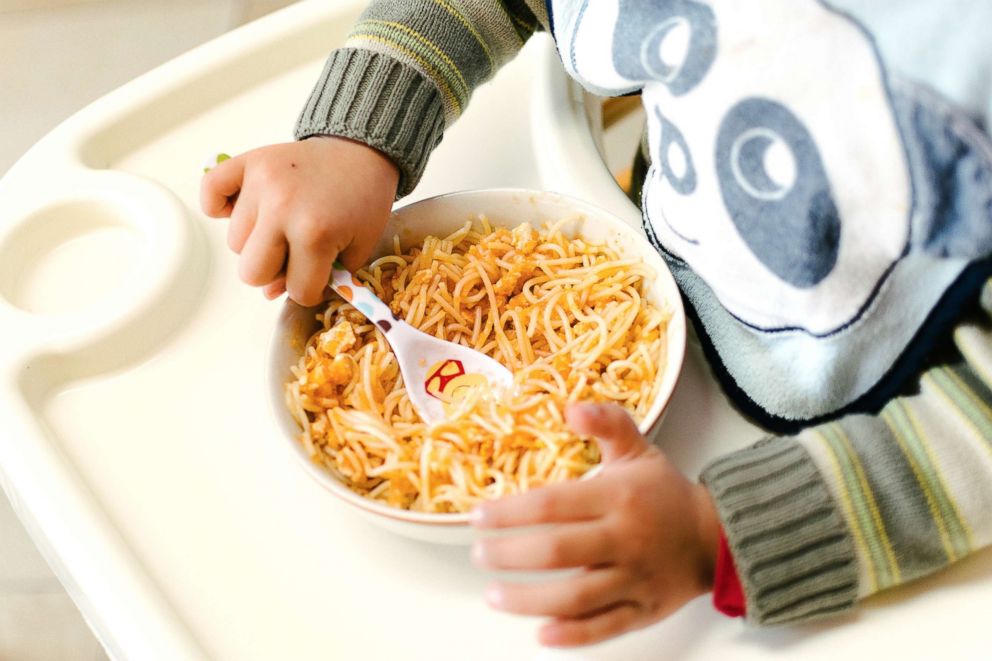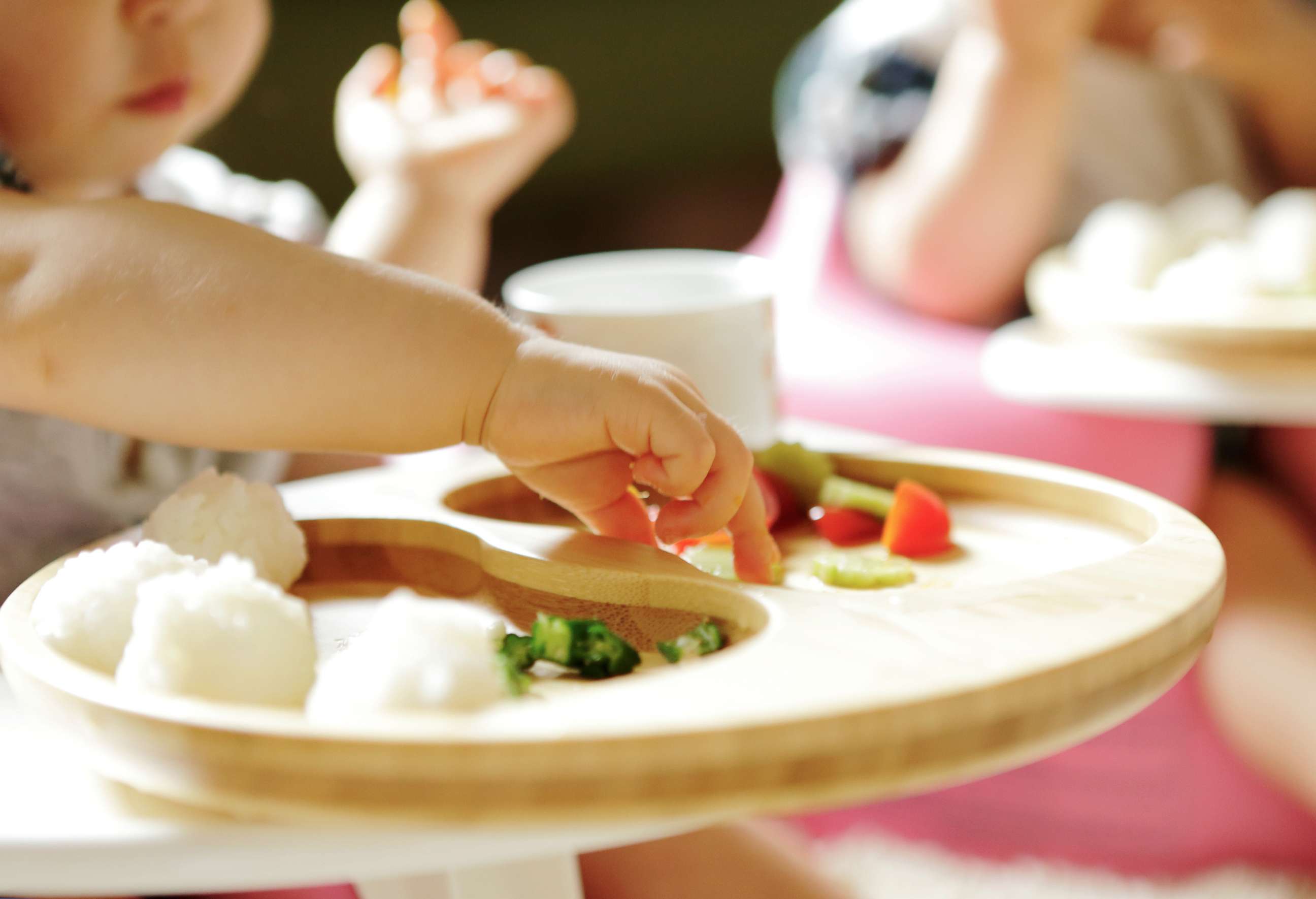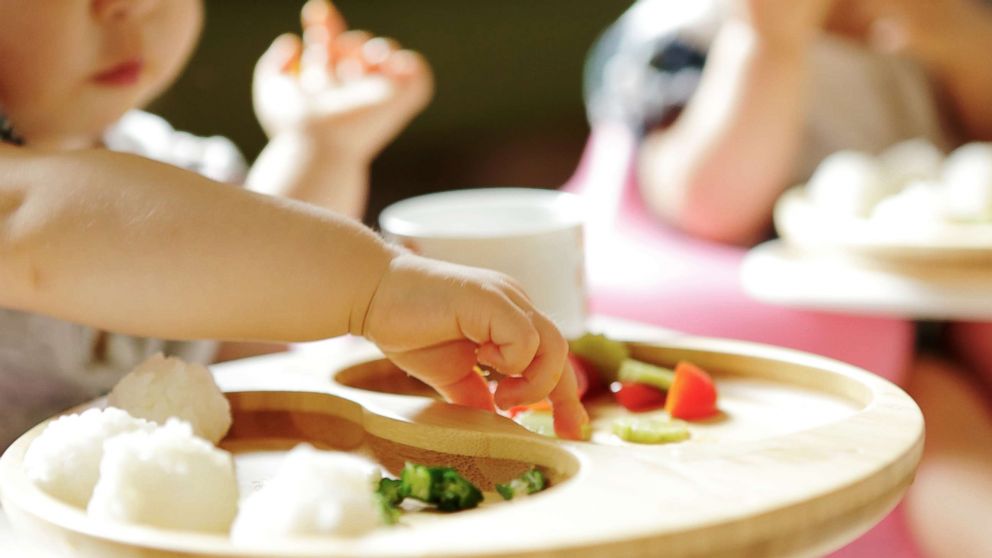Here's what parents should really do about kids who are picky eaters: COLUMN
The dinner table can be a war zone. Peas end up in mommy’s hair, tears and screams abound, and the term "full" can only be used to describe the floor. Is this battle of parents versus picky eaters even worth fighting? A new study in the medical journal Appetite shows that picky toddlers who are pressure fed by their parents don't grow at healthier rates and don't stop their picky-eating behaviors.
As a child psychiatrist, I agree. The emotional cost of getting a few vitamins in their vegetables just does not outweigh the numerous benefits of making dinner a fun, nurturing experience. Forcing children to eat something they don't want to eat isn't good for their physical, emotional or psychological health.
Here's why, and what families should focus on instead.

Parents, many of whom were required when they were kids to clean their plates before leaving the table, might say that their goal for pressuring their kids to eat is to help their children become less picky with food and to make sure that their kids maintain healthy growth. This rarely ends up having the intended benefit. The new study just examined over 200 picky-eating toddlers and showed that pressuring kids to eat just didn't help. The kids in the study were ages 2 to 6, which is prime time for refusing greens as their growth slows, and their appetites follow.
Dr. Edith Bracho-Sanchez, a pediatrician who is an ABC News contributor, weighs in. "Little babies eat frequently and triple their weight in the first year of life," she says. "But it's normal for their growth and appetites to slow after that, and for them to start telling us what they like."
"There’s a developmental window prior to age two where kids are more open to trying new foods," adds Dr. Anne Fishel, professor of psychology at Harvard Medical School and Director of the Family and Couples Therapy Program at Massachusetts General Hospital. She told me that kids are less open to trying new foods in the period that follows, from ages three through eight.
Pressure won't have any tangible physical benefit, but it can affect the three-way relationship between kids, parents, and food. It might remove an incredibly valuable opportunity to set kids up to thrive, both physically and emotionally. The tone set at the dinner table during childhood can have lasting effects. In my clinical practice, I’ve seen how meal-related experiences can influence family bonding and set the tone for a child’s relationship with food in general. Adding pressure over what kids are eating and how much of their plates they are finishing just ends up adding tension, without the hoped-for gain.
"If a parent feels 'freed up' not to focus on how much a child is eating or what type of food and can relax around that, then a parent can pay attention to the other aspects of dinner that are really central to conferring the cognitive and mental health benefits," Dr. Fishel, also co-founder of The Family Dinner Project, told me. She elaborates: "In 21st-century America, family dinner is the most reliable time of day that most families have to connect with one another, check in about their days, catch problems when they’re small before they get big," she said. "So it’s important to make the most of this opportunity and to not squander it on tense conversations over how much your child is eating. When dinner time can be enjoyable and a chance for parents and children to reconnect with one another, there are enormous benefits."
Most of the physical and emotional health benefits kids get from mealtime are not from the food itself, but the positive experience surrounding eating, which sticks with the kids as they grow up. A positive atmosphere at family mealtime, including encouraging kids to talk and a lack of conflict and criticism at the table predicted later well-being, according to a study from earlier this year in the Journal of Developmental and Behavioral Pediatrics. These benefits were seen in multiple areas, including higher levels of general physical fitness, less oppositional behavior, less rule breaking, and less physical aggression. Frequent family dinner was also associated with decreased substance use in teens by almost three times, according to a report from Columbia University.

Other studies show that mealtime as a family can have academic benefits as well. Vocabulary is boosted 10 times by stories shared at the dinner table than it is by kids reading storybooks aloud, a study shows. Older teens who had family meals five to seven times per week were twice as likely to make A’s in school than those who had family meals fewer than twice per week, the report from Columbia concluded.
Despite all of these benefits, mealtime can still be quite the challenge, especially for toddlers and younger kids. But some level of pickiness can be normal.
As kids explore new likes and dislikes, there are many strategies that parents can try to make mealtime smooth sailing. With pressure-feeding tossed out of the arsenal, parents should turn their focus instead to more positive strategies, like modeling healthy eating for their kiddos.
"Young kids are imitators and turn to their parents for what to do," Fishel said. "The most important thing is for parents to model their own enjoyment of what’s on the table. That suggests that everyone will be eating the same thing. If parents give themselves a helping of string beans and say, 'yum, this is delicious,' that’s the best thing to do."
Dr. Bracho-Sanchez added that parents should fight the urge to make separate meals for their kids, as this will take away from that idea of modeling healthy eating.
Parents should also use familiarity to their advantage because kids like what they know. Dr. Fishel points out that the process of familiarity begins in utero, as babies are sometimes more fond of foods that their mothers ate while pregnant. Familiarity is so powerful that some nutritionists recommend presenting kids with foods 15 times before giving up on them. Using familiar and liked foods as bridges to new, less familiar foods can be a helpful trick as well, Bracho-Sanchez explained.
A final strategy for parents is to find a way to make kids feel invested in the mealtime process. This can mean picking out ingredients from the store, kneading the dough, stirring a bowl of vegetables before they're cooked, or being responsible for setting the table. When kids feel in charge and have stakes in the game, the results can be surprisingly positive. It’s OK to get creative when it comes to mealtime, as long as it’s not a fight.
Neha Chaudhary, M.D., is a child psychiatrist at the Massachusetts General Hospital / Harvard Medical School and co-founder of Stanford Brainstorm. She is currently working with the ABC News Medical Unit.




